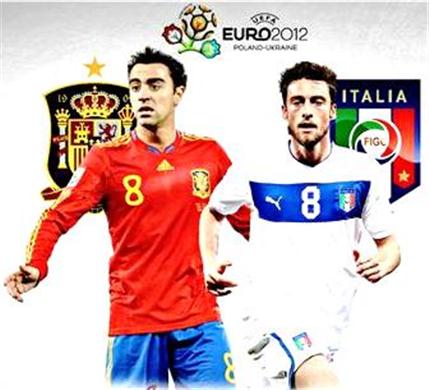Serena was forced to confront her anxiety and nerves again on Saturday. In true closer fashion, she mastered them to win her fifth Wimbledon title with a 6-1, 5-7, 6-2 victory over Agnieszka Radwanska, whose remarkable turnaround in the second set made this revelation of character possible.
Radwanska looked like a greenfinch in a thunderstorm in the first set. Centre Court was a chilly, blustery place to be in, and it couldn’t have pleasant for the Polish girl, who was suffering the effects of a respiratory illness.
The restorative concoction of garlic, hot tea, honey, and aspirin might have helped with her cough; her opponent was another matter.
Serena’s serve wasn’t the mean beast it had been in the previous matches, but the rest of her game had too muscle for Radwanska.
The backhand, in particular, was bullying Radwanska, its measured hostility setting up points when not winning them outright.
With the characteristically American early racquet head preparation, so the menace as she stood coiled in her backswing was enhanced, Serena switched directions at will.
Why Radwanska didn’t go to the Serena forehand more often wasn’t clear: sure, in most rallies she was pushed so hard from side to side that she was rarely able to get enough on the ball to stretch the American to her right; but she directed most of her serves, both first and second, to the Serena backhand. It didn’t help that these serves were roughly as threatening as cream-puffs.
Also Radwanska’ favourite shot, the stroke that comes most naturally to her, the off-forehand, was right in Serena’s two-handed wheelhouse.
Serena was imperious when she was not very good, and she had the set 6-1. It had taken Radwanska all she had merely to prevent the mortification of a ‘bagel’.
As a slight drizzle slanted across Centre Court, forcing the players off, the crowd wondered what Radwanska could do to win at least games in the second set.
She couldn’t get any stronger; what chance did the poor girl have of delaying this overpowering champion?
But although Serena went up an early break in the second, Radwanska snuck her way back in. Like with a lot of what she does, it wasn’t gaudily obvious. She started putting a bit more on her first serves, she placed them closer to the lines, she went at Serena’s body.
The forehand slice, which kept low, was starting to have an effect: unlike the first set, she was pressuring the Serena forehand and it was starting to come apart.
Radwanska’s anticipation and court-craft was allowing her to keep more balls in play. Now used to Serena’s weight of stroke, Radwanska’s ability to construct destabilising rallies was better employed.
Serena, like she has in the recent past, tightened up. It’s the worst mental state to be in against someone like Radwanska, who allows her opponent time to think on the ball — the cause of all choking.
What had seemed impossible during the rain break now became reality, as Radwanska, having broken back to level the set at 4-all, broke again at 6-5.
Serena’s serve came to her rescue again (her 17 aces took her tournament total to 102!). She struck four successive aces in the fourth game to hold at 2-2, and it gave her the confidence to be more assertive on her return game. She broke twice to ease the intense pressure before serving out the match.
 The McLaren driver took the
chequered flag 1.032 seconds ahead of Kimi Raikkonen, with Roman
Grosjean finishing third to give Lotus a second podium place.
The McLaren driver took the
chequered flag 1.032 seconds ahead of Kimi Raikkonen, with Roman
Grosjean finishing third to give Lotus a second podium place.



